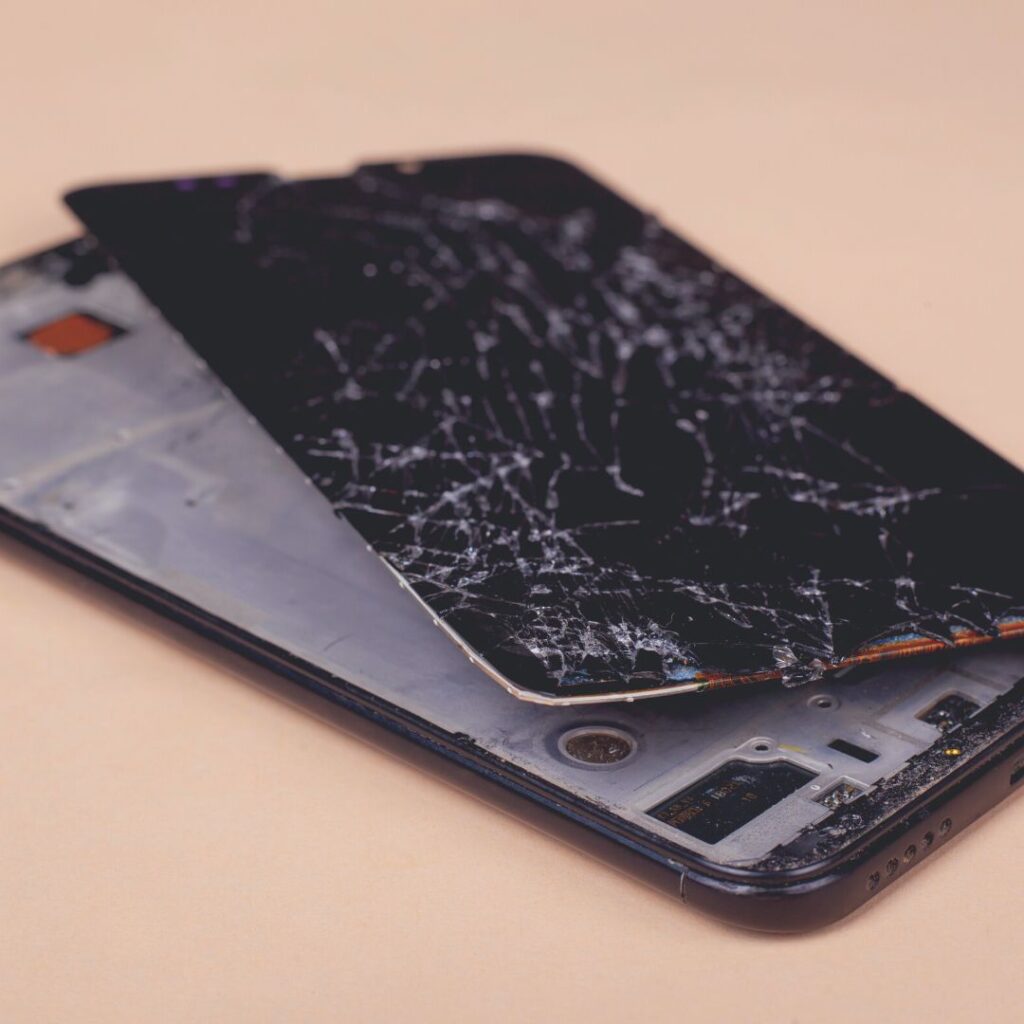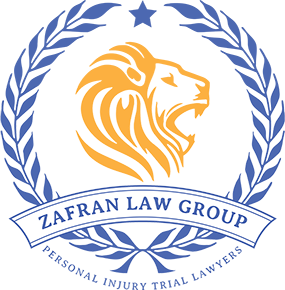Every year, thousands are injured or killed by defective or dangerously designed products. Thanks to numerous consumer protection laws, there are ways for injured people to collect damages against companies responsible for a defective product. The concept of product liability is that all sellers in the distribution chain are responsible for a faulty or defective product, especially when it results in an injury or death of a customer. For example, this can include the product or parts manufacturer, the warehouse where the product was stored, and the retail store location.
PHILADELPHIA PRODUCT LIABILITY LAWYER
What Is The Concept Of Product Liability?
What Are The Three Types Of Product Defects?
In product liability cases, there are three main types of product defects:
Legal Framework For Product Liability Claims In Pennsylvania
The 1981 Pennsylvania Senate Bill 784 outlines amendments to laws concerning liability, focusing on clarifications and adjustments in civil liability cases. It addresses various provisions related to personal injuries, property damage, and fault. This bill helps clarify how liability is determined in legal cases, including potential implications for cases like product liability. If you’re dealing with product defects and liability, understanding this legal context is crucial for navigating claims.
What Does A Product Liability Lawyer In Philadelphia Do?
Philadelphia product liability lawyer hold manufacturers and retailers responsible for goods and products sold to consumers that are dangerous and defective. They look at the product history, whether similar items have resulted in other claims, whether the use of the product was within the reasonable operation, and if it was properly tested before being sold.
They also analyze safety concerns and work with professional analysts to determine whether a manufacturing flaw was responsible. Product liability claims can be complex, so hiring an attorney can help make your claim successful. Contact our experienced Philadelphia product liability lawyer at Zafran Law Group if you have a product liability claim.
How Do You Prove Product Liability?
The general rule of thumb for proving a product liability claim is that one must have an actual injury or monetary loss as a result of the normal operation of the product. Even then, one would still need to prove that the item was being used under ‘normal’ conditions and that there was a defect present under those circumstances. In other situations, a person can show that they were not properly warned of an item’s hazardous condition as an average consumer.
These are often the most successful at proving their case in court, as they can be easier to prove than some defects. If you think you’ve been the victim of a hazardous product, contact our product liability lawyer in Philadelphia at Zafran Law Group to see what options may be available in pursuing your claim.
What Is The Process For Settling A Product Liability Case?

The process for settling a product liability case typically involves several steps:
- Initial Consultation: Meeting with an attorney to discuss the case and gather information.
- Investigation: The attorney investigates the claim, including gathering evidence and expert opinions.
- Demand Letter: A formal demand for compensation is sent to the responsible party or their insurance company.
- Negotiation: Both parties negotiate a settlement amount.
- Settlement Agreement: If an agreement is reached, a settlement document is signed, and compensation is paid.
FAQs For Product Liability Cases
What Is The Difference Between Strict Liability And Product Liability?
Strict liability refers to injuries or losses that are the result of the use of a product that is so dangerous that there could be no legal argument as to its inherent dangerousness. For example, consumers that purchase certain chemicals and explosives do not need to prove negligence in injury cases, as long as they can show that even with reasonable care, the product they used was still inherently dangerous.
Product liability, on the other hand, refers to holding a seller or manufacturer of a product liable for injuries and losses stemming from the use of that item. However, this differs from strict liability because it requires the injured party to show negligence on the part of the defendant, whether that be from a type of defect found in the item, or improper labeling of harmful products. Contact the Philadelphia product liability lawyers at Zafran Law Group to discuss the differences.
Who Can Be Held Responsible In A Product Liability Case?
In a product liability case, the following parties can be held responsible:
- Manufacturers: Responsible for producing the product and ensuring it meets safety standards.
- Distributors: Entities that distribute the product and can be liable for defects.
- Retailers: Stores that sell the product to consumers, ensuring it is safe for use.
- Designers: Those who create the product’s design and can be liable if the design is inherently unsafe.
- Component Manufacturers: Suppliers of parts or materials used in the product, if their component is defective.
What Types Of Damages Can I recover In A Product Liability Claim?
In a product liability claim, you can recover various types of damages, including:
- Medical Expenses: Costs for treatment of injuries caused by the defective product.
- Lost Wages: Compensation for income lost due to the inability to work.
- Pain and Suffering: Damages for physical pain and emotional distress.
- Property Damage: Costs to repair or replace damaged property.
- Punitive Damages: Additional damages aimed at punishing the manufacturer for gross negligence.
Can I File A Claim If I Misused The Product?
Filing a claim after misusing a product is possible, but it may affect the case’s outcome. If the misuse directly contributed to the injury, liability may be shared or reduced. The degree of fault attributed to the misuse will be evaluated alongside the product’s defects. Legal advice is recommended to assess the specific circumstances and potential for compensation.
For more information on product liability, visit Product Liability Facts and Statistics. Understanding your rights is crucial in seeking justice and compensation for your injuries.
What Is The Statute Of Limitations On Product Liability?
The statute of limitations for product liability claims varies between states. All states have a limitation of at least one year, but some vary from two to up to four or five. In Pennsylvania, the statute of limitations is two years.
For more information on product liability and to determine whether you have a claim for relief against a product manufacturer, contact our Philadelphia-area product liability lawyers at Zafran Law Group for a free consultation.
